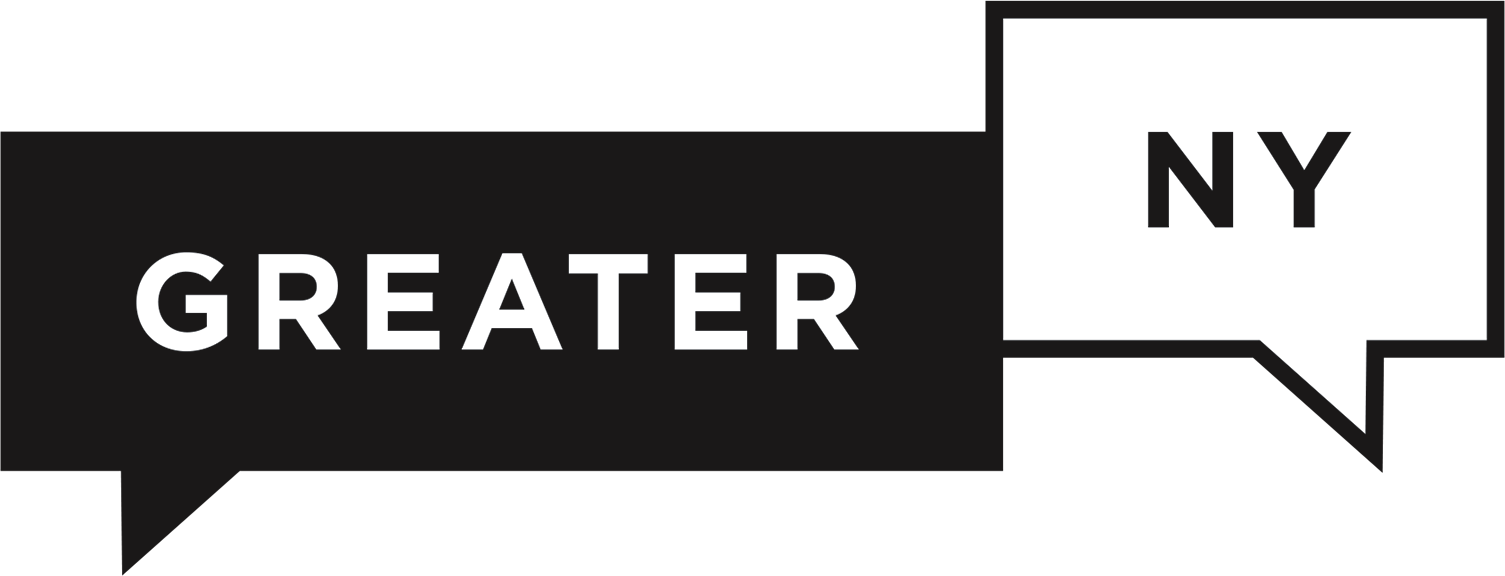Working Together and Getting Left Out
As Greater NY talked to its nonprofit community this week, two themes gathered force: working together and getting left out.
Across the Greater NY network, leaders are in close conversation and collaboration about how to meet the critical and complex needs of communities – food, shelter, mental and physical health preservation, and social connections.
Wendy Stark, CEO of Callen Lorde, tweeted a statement about the organization’s work that feels true for all nonprofits in this moment: “Our role in this crisis is to support the entire public health infrastructure by keeping people out of the hospital.”
“Our role in this crisis is to support the entire public health infrastructure by keeping people out of the hospital.”
This means every nonprofit food delivery, every remote health visit, every check-in call, every family that comes to a child welfare agency clinic, every homeless outreach, every education program quickly pivoted to online delivery, is playing a key role in the city’s management of this crisis.
But as citywide numbers on who is impacted by the pandemic become clearer, essential economic and racial disparities are laid bare. This divide is where nonprofits work, but this week nonprofit leaders felt it more than ever as the same populations who are hardest hit are also on the front lines as essential social sector workers. “Our staff and their families are now sick. That is something that cuts deep, something that we can’t forget about as everything else calls for our attention.”
It’s been a week where some nonprofit organizations were not only left out of a PPP that ran out of money, but were also hit by a city budget that cut $400M to health and human services. In the overall $3.4B cuts to the budget, it remains unclear where additional pain will be felt for nonprofits. City Hall also left unclear the future of a program to adjust an indirect rate critical to fundamental financial health.
One of the biggest shocks was the shuttering of NYC’s Summer Youth Employment, Beacon, Cornerstone and Compass programs that are pathways out of poverty for so many of NYC’s youth. Young people – who are playing such a key role in many nonprofits’ immediate, front-line response – are getting left out. Nonprofit leaders have been telling us about the incredible work their millennial employees and youth workers are doing as they staff Regional Enrichment Centers, tirelessly reach out to community members and – more than anyone else – show themselves to be quick and resilient adapters to our current technology-driven civic fabric.
As another Greater NY leader Adrienne Abbate, executive director of Staten Island Partnership for Community Wellness, wrote, “Trauma that is not transformed is transferred.” As we move through this crisis, NYC needs to work together to make sure the transformation we strive for does not just transfer trauma to those who have been left out.

